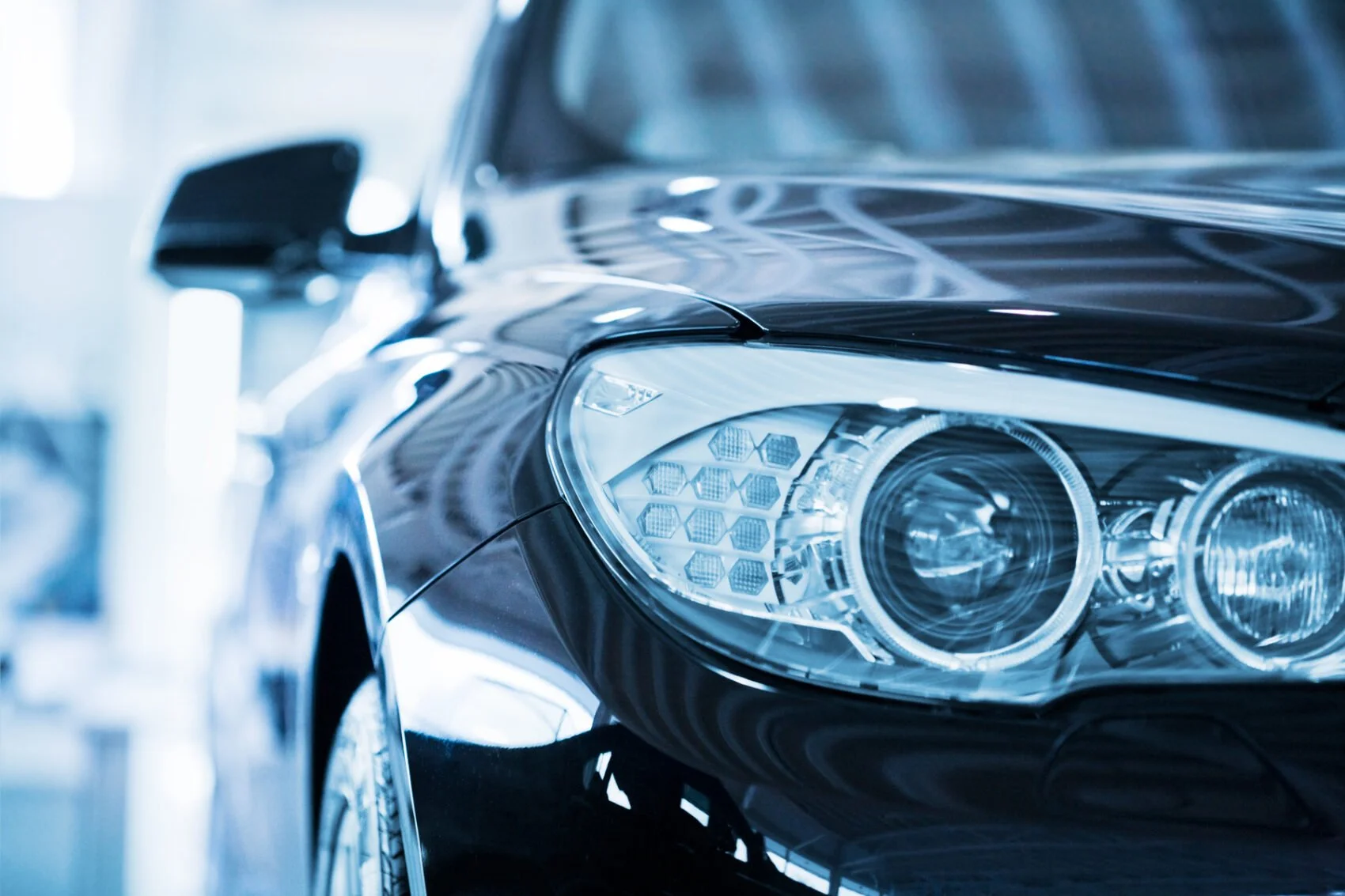Batteries & Electric Vehicles
Cobalt is an essential part of the lithium-ion batteries that give electric vehicles the range and durability needed by consumers.
The majority of modern electric vehicles use these battery chemistries in lithium-nickel-manganese-cobalt-oxide (NMC) batteries, often referred to as “cobalt battery,” which have a cathode containing 10-20% cobalt. Their high specific power and long-life suit electric vehicles as well as power tools and e-bikes. NMC batteries have a high cycling rate which, combined with high capacity and high power, suits them ideally for use in electric vehicles. NMC batteries also have the lowest self-heating rate of the different types of lithium-ion batteries. Cobalt’s role in these batteries is crucial for their performance and efficiency.
Manufacturers are rushing to produce electric vehicles that can drive ever-longer ranges on shorter charges, with cobalt battery that work and last for a long period of time.
Around the world, governments seeking to decarbonise the global economy are planning to ban the sale of new diesel and petrol cars, many by as early as 2030.

- 57% Batteries for electric vehicles, tablets and smartphones 57%
- Sales of new electric vehicles increased 42% compared to 2019 (mostly in Europe). 42%
- Demand in lithium-ion batteries rose by 10% year-on-year. 90%
- Sales of new energy vehicles to increase 30% year-on-year to 2025. 30%
